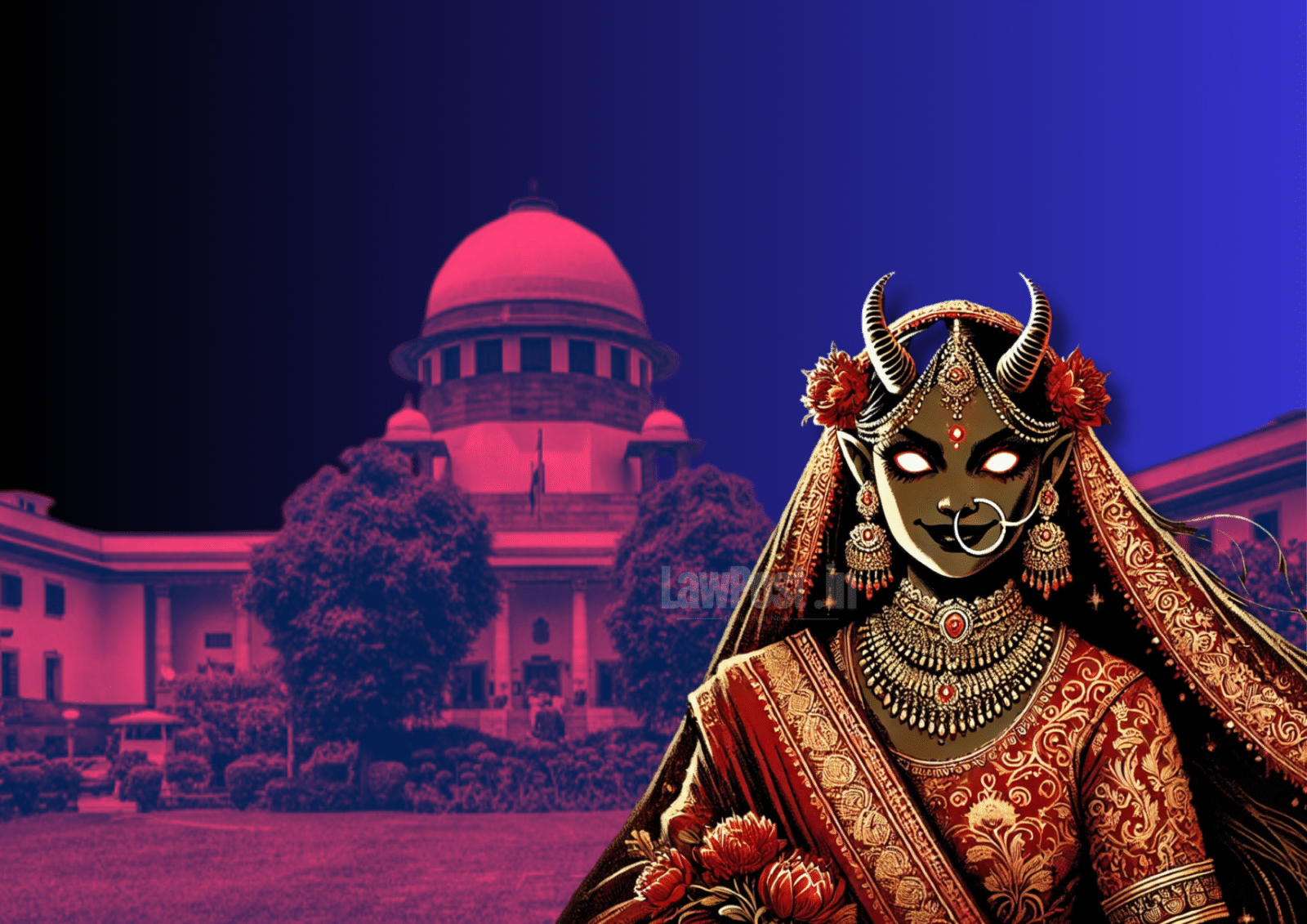In a significant judgment, the Supreme Court has acquitted a man in a 26-year-old case of dowry harassment and cruelty, raising strong concerns over the misuse of Section 498A of the Indian Penal Code (IPC) and the Dowry Prohibition Act, 1961, in matrimonial disputes.
The verdict was delivered by a Bench of Justices BV Nagarathna and Satish Chandra Sharma in the case Rajesh Chaddha vs. State of Uttar Pradesh. The Court set aside the man’s conviction under Section 498A IPC and Section 4 of the Dowry Prohibition Act, observing that the prosecution failed to provide concrete evidence to substantiate the allegations.
The case dates back to 1999 when the complainant-wife alleged that her husband subjected her to mental and physical cruelty and demanded dowry. She further claimed that a miscarriage was caused due to physical assault. However, the Court found the accusations to be vague, uncorroborated, and lacking in specifics such as dates or instances.
“The term ‘cruelty’ is subject to rather cruel misuse by the parties, and cannot be established simpliciter without specific instances, to say the least,” the Court remarked.
Highlighting the rising trend of false and exaggerated allegations in matrimonial cases, the Court observed:
“This growing tendency to append every relative of the husband, casts serious doubt on the veracity of the allegations made by the complainant wife or her family members, and vitiates the very objective of a protective legislation.”
The trial court had earlier sentenced the husband to two years under Section 498A IPC and one year under Section 4 of the Dowry Prohibition Act. The conviction was upheld by the Allahabad High Court in 2018. However, on appeal, the Supreme Court found the evidence insufficient, particularly noting the absence of medical records for the alleged miscarriage and the lack of independent witnesses.
The Court was particularly distressed by the misuse of dowry laws:
“We are distressed with the manner, the offences under Section 498A IPC, and Sections 3 & 4 of the D.P. Act, 1961 are being maliciously roped in by Complainant wives, insofar as aged parents, distant relatives, married sisters living separately, are arrayed as accused, in matrimonial matters.”
The Court also noted that the couple had cohabited for only 12 days after their marriage in 1997, and the FIR was filed after the husband initiated divorce proceedings. This timeline further weakened the credibility of the complainant’s version.
Referring to its earlier judgment in Dara Lakshmi Narayana & Ors. v. State of Telangana & Anr., the Bench reiterated that sweeping allegations against extended family members, without any specific role or act of cruelty, cannot form the basis of criminal prosecution.
In acquitting the man, the Supreme Court reaffirmed that criminal convictions must be based on clear, cogent, and corroborated evidence, not vague or retaliatory accusations.
Case: Rajesh Chaddha vs State of Uttar Pradesh – Available on LAWFYI.IO








